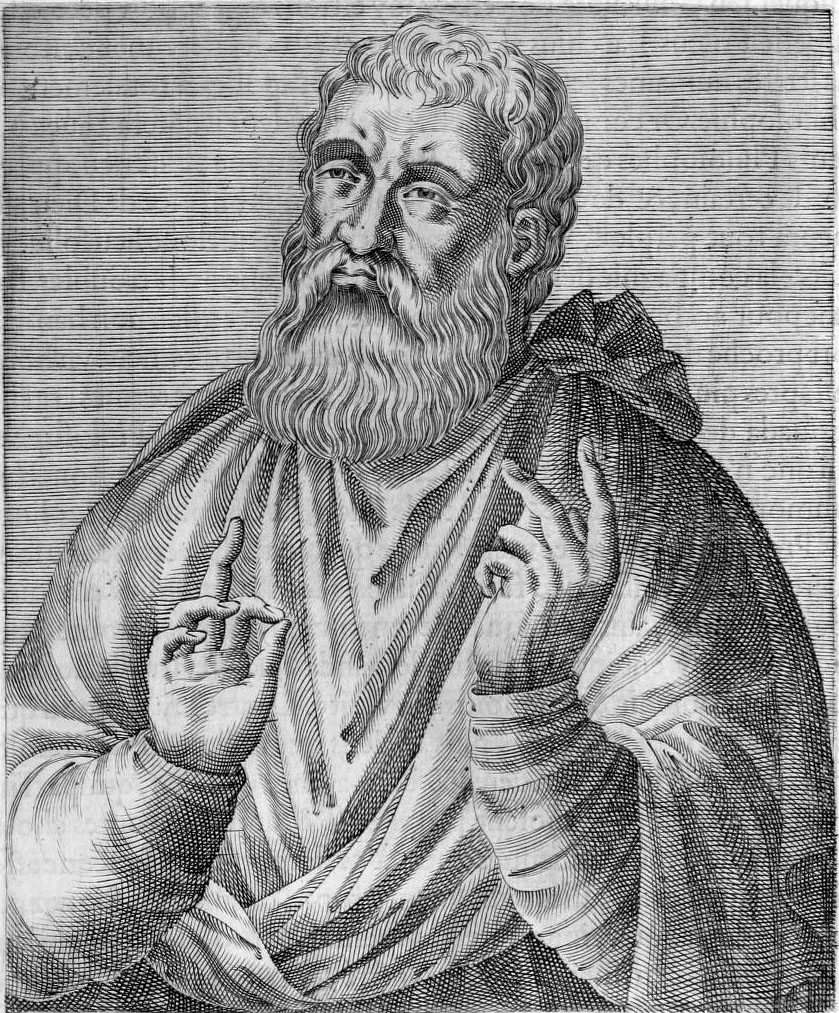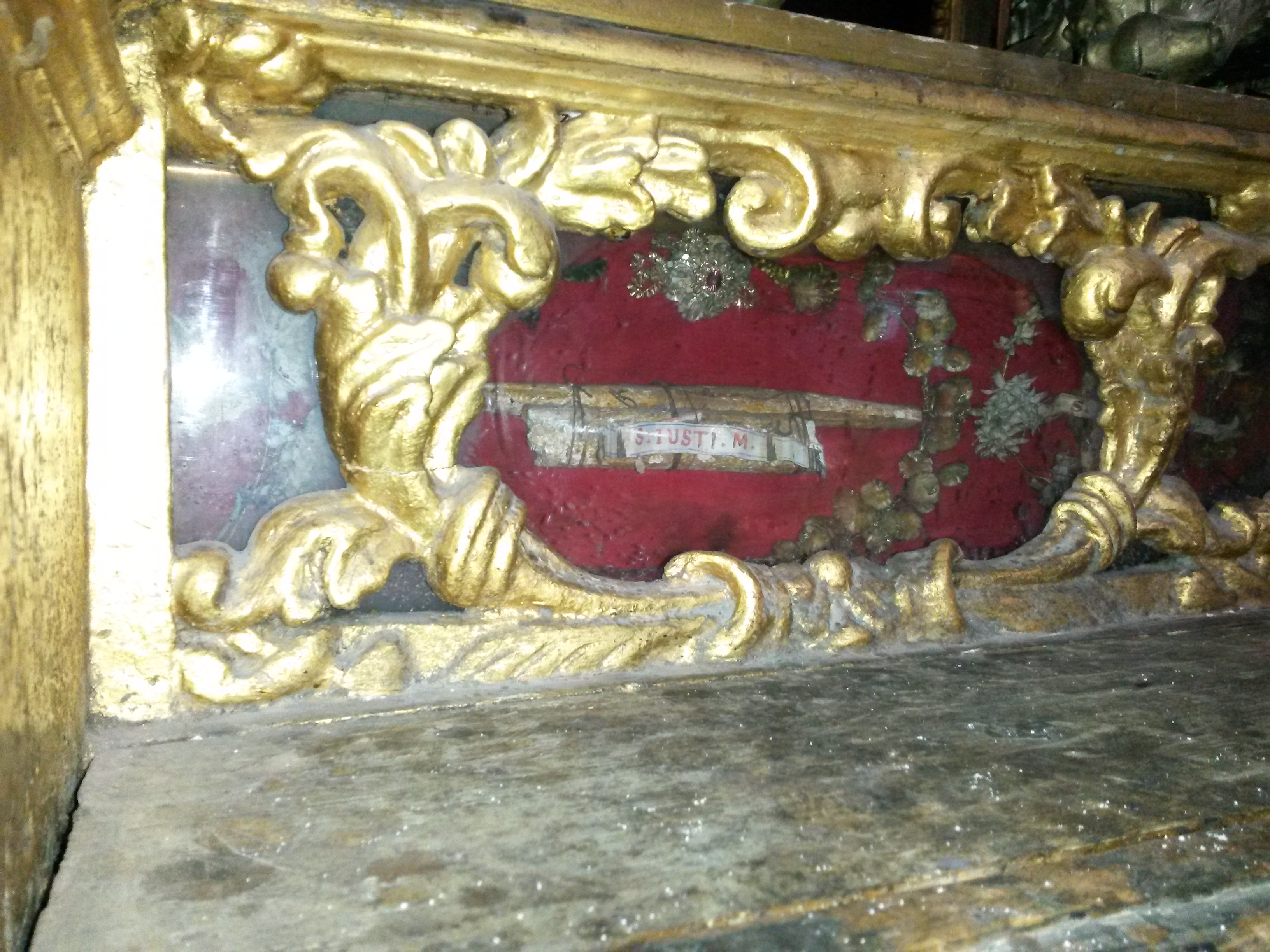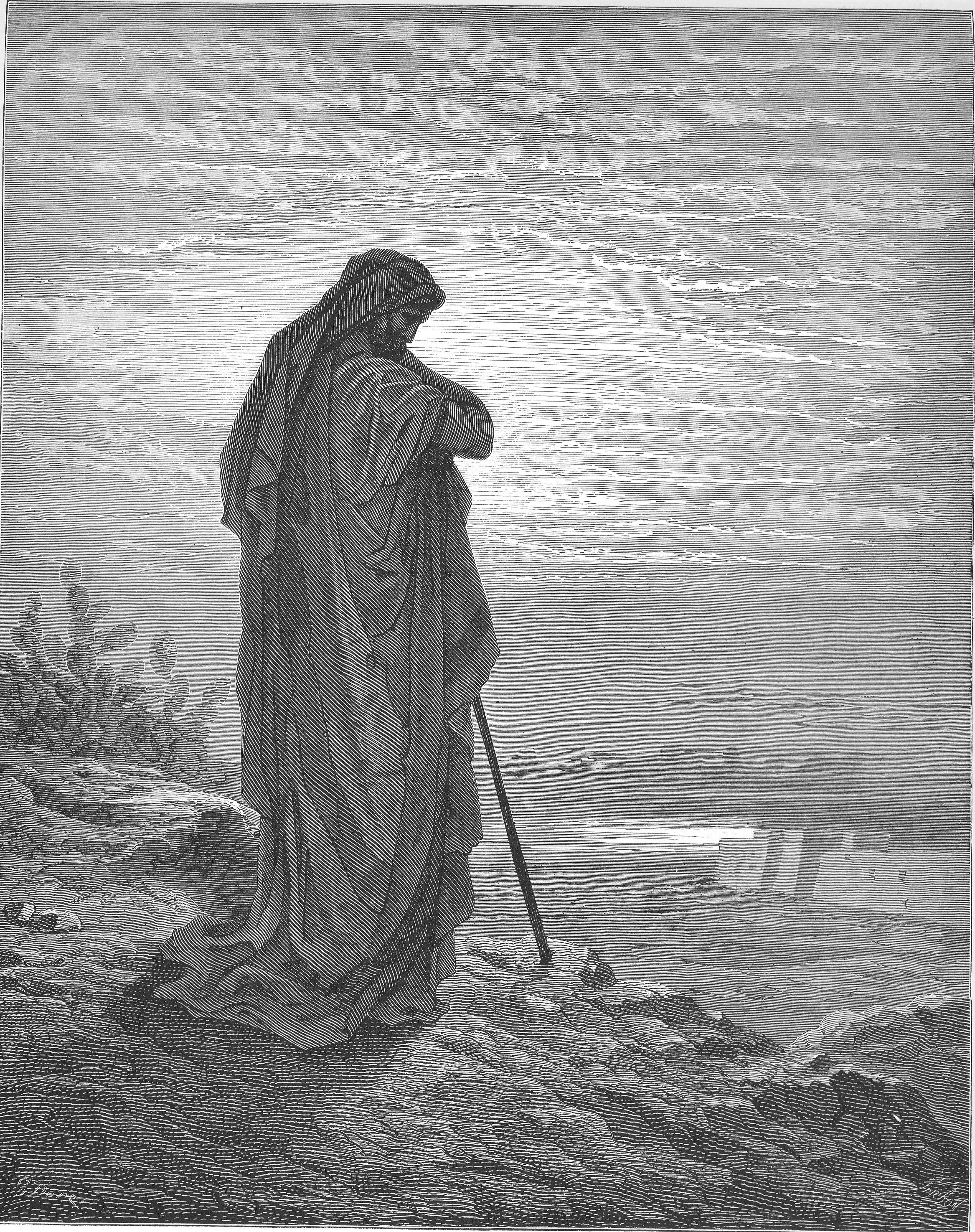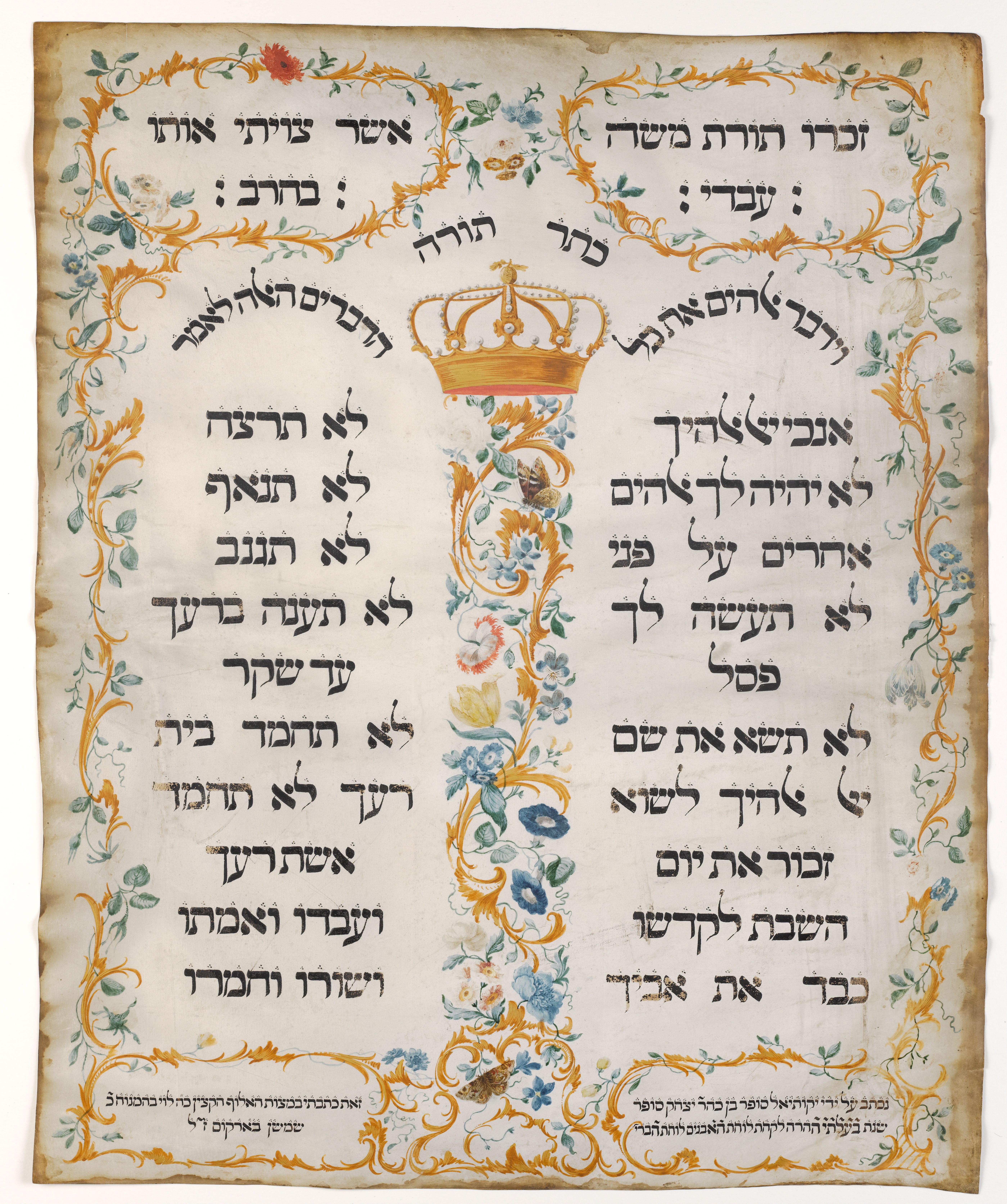|
Supersessionism
Supersessionism, also called replacement theology by its detractors and fulfillment theology by its proponents, is the Christian theology, Christian doctrine that the Christian Church has superseded the Israelites, Jewish people, assuming Jews as the chosen people, their role as God's covenanted people, thus asserting that the New Covenant through Jesus in Christianity, Jesus Christ has superseded or replaced the Mosaic covenant. Supersessionists hold that the universal Church has become God's "true Israel" and thus Christians are the people of God. Often claimed by later Christians to have originated with Paul the Apostle in the New Testament, supersessionism has formed a core tenet of Eastern Orthodox, Roman Catholic and Lutheran churches for the majority of their history. Many early Church Fathers—including Justin Martyr and Augustine of Hippo—were supersessionist. Most historic Christian denomination, Christian churches, including the Eastern Orthodox Church, Roman Catho ... [...More Info...] [...Related Items...] OR: [Wikipedia] [Google] [Baidu] |
New Covenant
The New Covenant () is a biblical interpretation which was originally derived from a Book of Jeremiah#Sections of the Book, phrase which is contained in the Book of Jeremiah (Jeremiah 31:31–34), in the Hebrew Bible (or the Old Testament of the Christian Bible). Generally, Christian theology, Christians believe that the promised New Covenant—new relationship with God in Christianity, God—was instituted at the Last Supper as part of the Eucharist, which, in the Gospel of John, includes the New Commandment. Based on the biblical passage which reads that, "For where a testament is, there must also of necessity be the death of the testator. For a testament is of force after men are dead: otherwise it is of no strength at all while the testator liveth", Protestants tend to believe that the New Covenant only came into force with the death of Jesus Christ (title), Christ. The commentary to the Roman Catholic New American Bible also affirms that Christ is the "testator whose death ... [...More Info...] [...Related Items...] OR: [Wikipedia] [Google] [Baidu] |
Christianity And Judaism
Christianity Jewish Christian, began as a movement within Second Temple Judaism, and the two religions gradually Split of early Christianity and Judaism, diverged over the first few centuries of the Christian era. Today, differences in opinion vary between denominations in both religions, but the most important distinction is that Christianity accepts Jesus as the Messiah prophesied in the Hebrew Bible, while Judaism does not. Early Christianity distinguished itself by determining that observance of ''Halakha'' (Jewish law) was unnecessary for non-Jewish converts to Christianity (see Pauline Christianity). Another major difference is the two religions' conceptions of God. Most Christian denominations believe in a triune God—its members being known as the God the Father, Father, Son of God (Christianity), Son and Holy Spirit in Christianity, Holy Spirit—with the doctrine of the Incarnation (Christianity), incarnation of the Son in Jesus being of special importance. In contrast ... [...More Info...] [...Related Items...] OR: [Wikipedia] [Google] [Baidu] |
Dispensationalist
Dispensationalism is a theological framework for interpreting the Bible which maintains that history is divided into multiple ages called "dispensations" in which God interacts with his chosen people in different ways. It is often distinguished from covenant theology. These are two competing frameworks of biblical theology that attempt to explain overall continuity in the Bible. Coining of the term "dispensationalism" has been attributed to Philip Mauro, a critic of the system's teachings, in his 1928 book ''The Gospel of the Kingdom''. Dispensationalists use a literal interpretation of the Bible and believe that divine revelation unfolds throughout the Bible. They believe that there is a distinction between Israel and the Church, and that Christians are not bound by Mosaic law. They maintain beliefs in premillennialism, Christian Zionism, and a rapture of the Church that will happen before the Second Coming of Christ, generally seen as happening before a period of tribulati ... [...More Info...] [...Related Items...] OR: [Wikipedia] [Google] [Baidu] |
People Of God
''People of God'' () is a term used in the Hebrew Bible to refer to the Israelites and used in Christianity to refer to Christians. In the Bible Hebrew Bible and Old Testament In the Hebrew Bible and Old Testament, the Israelites are referred to as "the people of God" in and . The phrases "the people of the Lord" and "the people of the Lord your God" are also used. In those texts God is also represented as speaking of the Israelites as "my people". The people of God was a term first used by God in the Book of Exodus, as part of the covenant between Israel and God (). New Testament In the New Testament, the expression "people of God" is found in and . The expression "his people" (that is, God's people) appears in , and "my people" in . mentions the same promises to the New Testament believer "I will dwell in them, and walk in them; and I will be their God, and they shall be my people", which is a parallel to . , also quotes/refers to and . Christianity Continued use of ... [...More Info...] [...Related Items...] OR: [Wikipedia] [Google] [Baidu] |
Justin Martyr
Justin, known posthumously as Justin Martyr (; ), also known as Justin the Philosopher, was an early Christian apologist and Philosophy, philosopher. Most of his works are lost, but two apologies and a dialogue did survive. The ''First Apology of Justin Martyr, First Apology'', his most well-known text, passionately defends the morality of the Christian life, and provides various ethical and philosophical arguments to convince the Roman emperor Antoninus Pius to abandon the persecution of the Church. Further, he also indicates, as Augustine of Hippo, St. Augustine would later, regarding the "true religion" that revealed itself as Christianity, that the "seeds of Christianity" (manifestations of the Logos (Christianity), Logos acting in history) actually predated Christ's Incarnation (Christianity), incarnation. This notion allows him to claim many historical Greek philosophers (including Socrates and Plato), in whose works he was well studied, as Virtuous pagan, unknowing Chris ... [...More Info...] [...Related Items...] OR: [Wikipedia] [Google] [Baidu] |
Jews As The Chosen People
In Judaism, the concept of Jews as the chosen people ( ''hāʿām hanīvḥar'') is the belief that the Jewish people, via the Mosaic and Abrahamic covenants, are selected to be in a covenant with God. Israelites being properly the chosen people of God is found directly in the Book of Deuteronomy 7:6 as the verb ''baḥar'' (בָּחַר), and is alluded to elsewhere in the Hebrew Bible using other terms such as "holy people" as ''goy'' or gentile, Book of Exodus 19:6. Much is written about these topics in rabbinic literature. The three largest Jewish denominations— Orthodox Judaism, Conservative Judaism and Reform Judaism—maintain the belief that Jews have been chosen by God for a purpose. Sometimes this choice is seen by believers as charging the Jewish people with a specific mission—to be a light unto the nations, and to exemplify the covenant with God as described in the Torah. Isaiah and Jeremiah viewed God's loving choice of Israel as a means to teaching mo ... [...More Info...] [...Related Items...] OR: [Wikipedia] [Google] [Baidu] |
Christian Denomination
A Christian denomination is a distinct Religion, religious body within Christianity that comprises all Church (congregation), church congregations of the same kind, identifiable by traits such as a name, particular history, organization, leadership, theology, theological doctrine, worship style and, sometimes, a founder. It is a secular and neutral term, generally used to denote any established Christian church. Unlike a cult or sect, a denomination is usually seen as part of the Christian religious mainstream. Most Christian denominations refer to themselves as ''churches'', whereas some newer ones tend to interchangeably use the terms ''churches'', ''assemblies'', Koinonia, ''fellowships'', etc. Divisions between one group and another are defined by authority and doctrine; issues such as the Christology, nature of Jesus, the authority of apostolic succession, biblical hermeneutics, Christian theology, theology, ecclesiology, Christian eschatology, eschatology, and papal primacy m ... [...More Info...] [...Related Items...] OR: [Wikipedia] [Google] [Baidu] |
Christian–Jewish Reconciliation
Christian−Jewish reconciliation refers to the efforts that are being made to improve understanding and acceptance between Christians and Jews. There has been significant progress in reconciliation in recent years, in particular by the Catholic Church, but also by other Christian groups. Background In response to the Holocaust (though earlier accounts of reconciliation exist), and many instances of the persecution of Jews by Christians throughout history (most prominent being the Crusades and the Inquisition), many Christian theologians, religious historians and educators have sought to improve understanding of Judaism and Jewish religious practices by Christians. There are a number of sensitive issues that continue to impact Christian–Jewish relations. Proselytism Attempts by Christians to convert Jews to Christianity is an important issue in Christian–Jewish relations. Groups such as the Anti-Defamation League have described many attempts to convert Jews as antisemi ... [...More Info...] [...Related Items...] OR: [Wikipedia] [Google] [Baidu] |
Oxford University Press
Oxford University Press (OUP) is the publishing house of the University of Oxford. It is the largest university press in the world. Its first book was printed in Oxford in 1478, with the Press officially granted the legal right to print books by decree in 1586. It is the second-oldest university press after Cambridge University Press, which was founded in 1534. It is a department of the University of Oxford. It is governed by a group of 15 academics, the Delegates of the Press, appointed by the Vice Chancellor, vice-chancellor of the University of Oxford. The Delegates of the Press are led by the Secretary to the Delegates, who serves as OUP's chief executive and as its major representative on other university bodies. Oxford University Press has had a similar governance structure since the 17th century. The press is located on Walton Street, Oxford, Walton Street, Oxford, opposite Somerville College, Oxford, Somerville College, in the inner suburb of Jericho, Oxford, Jericho. ... [...More Info...] [...Related Items...] OR: [Wikipedia] [Google] [Baidu] |
Christian Church
In ecclesiology, the Christian Church is what different Christian denominations conceive of as being the true body of Christians or the original institution established by Jesus Christ. "Christian Church" has also been used in academia as a synonym for Christianity, despite the fact that it is composed of multiple churches or denominations, many of which hold a doctrinal claim of being the one true church to the exclusion of the others. For many Protestantism, Protestant Christians, the Christian Church has two components: the church visible, institutions in which "the Bible, Word of God purely preached and listened to, and the sacraments administered according to Christ's institution", as well as the church invisible—all "who are truly Salvation in Christianity, saved" (with these beings members of the visible church). In this understanding of the invisible church, "Christian Church" (or Catholic (term), catholic Church) does not refer to a particular Christian denomination, ... [...More Info...] [...Related Items...] OR: [Wikipedia] [Google] [Baidu] |
Plymouth Brethren
The Plymouth Brethren or Assemblies of Brethren are a low church and Nonconformist (Protestantism), Nonconformist Christian movement whose history can be traced back to Dublin, Ireland, in the mid to late 1820s, where it originated from Anglicanism. The group emphasizes ''sola scriptura'', the belief that the Bible is the only authority for church doctrine and practice. Plymouth Brethren generally see themselves as a network of like-minded free churches, not as a Christian denomination. History Origins in Ireland The Plymouth Brethren movement began in Dublin, Ireland, where several groups of Christians met informally to celebrate the Eucharist together, the first meeting being in 1825. The central figures were Anthony Norris Groves, a dentist studying theology at Trinity College; Edward Cronin (homeopath), Edward Cronin, studying medicine, John Nelson Darby, a curate in County Wicklow; and John Gifford Bellett, a lawyer who brought them together. They did not have any liturgy, ... [...More Info...] [...Related Items...] OR: [Wikipedia] [Google] [Baidu] |
Ten Commandments
The Ten Commandments (), or the Decalogue (from Latin , from Ancient Greek , ), are religious and ethical directives, structured as a covenant document, that, according to the Hebrew Bible, were given by YHWH to Moses. The text of the Ten Commandments appears in three markedly distinct versions in the Bible: at Exodus , Deuteronomy , and the " Ritual Decalogue" of Exodus . The biblical narrative describes how God revealed the Ten Commandments to the Israelites at Mount Sinai amidst thunder and fire, gave Moses two stone tablets inscribed with the law, which he later broke in anger after witnessing the worship of a golden calf, and then received a second set of tablets to be placed in the Ark of the Covenant. Scholars have proposed a range of dates and contexts for the origins of the Decalogue. “Three main dating schemes have been proposed: (1) it was suggested that the Decalogue was the earliest legal code given at Sinai, with Moses as author, and the Amphictyony con ... [...More Info...] [...Related Items...] OR: [Wikipedia] [Google] [Baidu] |









